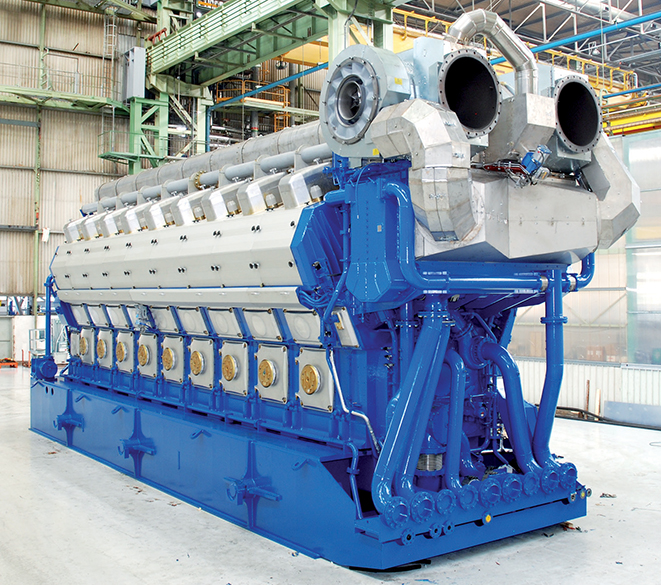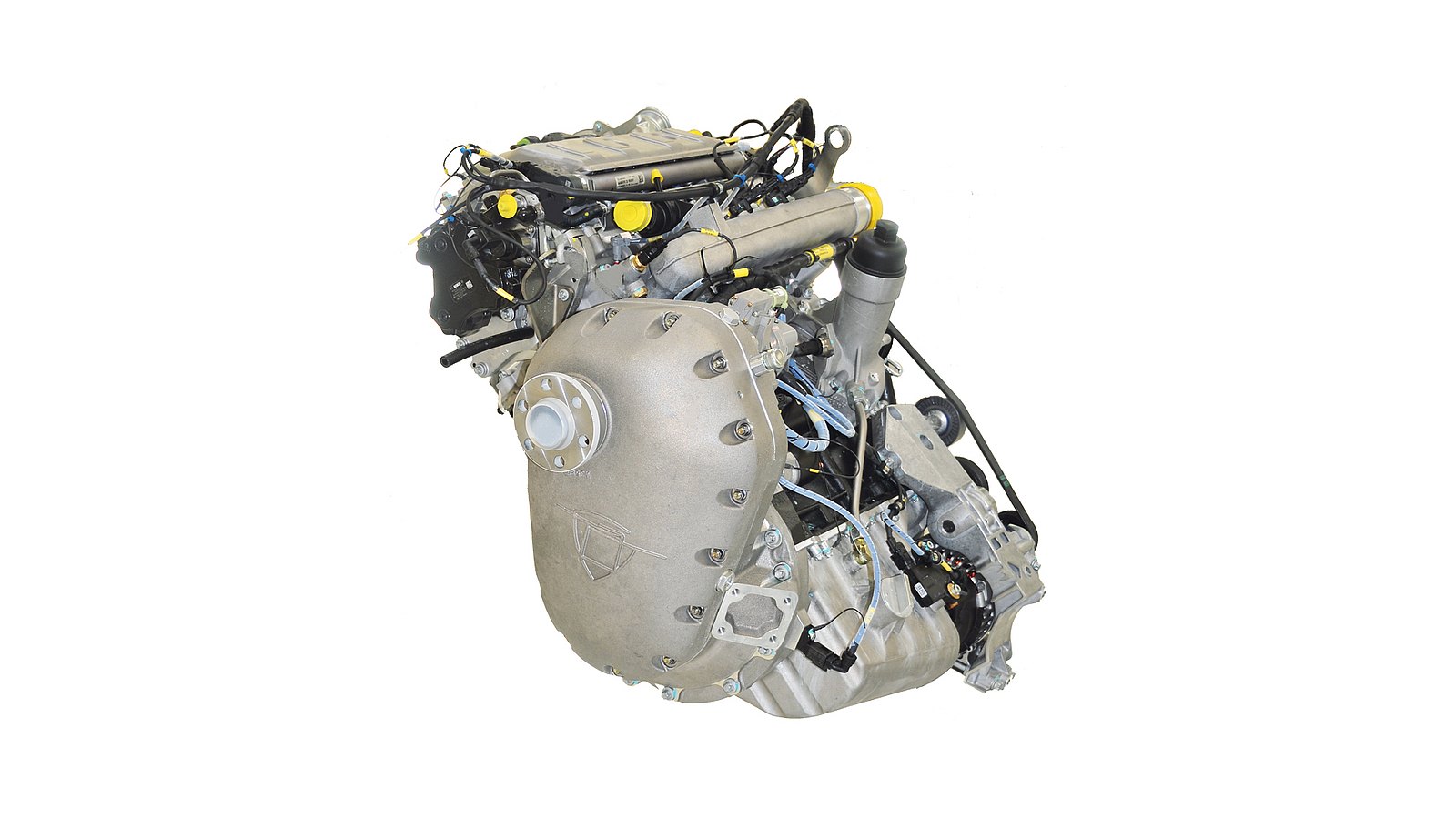Engines For Africa: Top Choice for Automotive Fanatics
Wiki Article
Check Out a Vast Array of Engines for Every Car and Function
The automobile landscape is significantly intricate, with a diverse array of engine kinds created to satisfy specific efficiency and efficiency needs across various automobile categories. In addition, durable engines serve the requirements of work lorries, while eco-friendly choices are getting grip in the quest of lasting transportation.Sorts Of Automotive Engines
Automotive engines can be categorized right into several unique types, each created to meet specific efficiency and effectiveness needs. One of the most usual groups include inner combustion engines, electric engines, and crossbreed systems.
Electric engines, on the various other hand, operate on electric power saved in batteries, supplying immediate torque and no emissions. These engines are ending up being progressively prominent as a result of innovations in battery technology and the growing emphasis on sustainability.
Hybrid systems integrate both interior burning and electrical engines, enabling automobiles to optimize gas efficiency and minimize emissions by flawlessly switching between source of power. Each engine kind presents its disadvantages and advantages, affecting variables such as vehicle style, meant usage, and market need. Understanding these differences is vital for manufacturers and consumers alike when choosing the proper engine for their details needs.
Efficiency Engines for Sports Cars
Efficiency engines for sporting activities vehicles are specifically engineered to deliver improved dexterity, power, and speed, establishing them in addition to standard automotive engines. These engines often utilize innovative modern technologies such as turbocharging, turbo charging, and variable shutoff timing to optimize effectiveness and responsiveness.Commonly, efficiency engines are made with greater compression proportions, which allow for higher power removal from fuel. This results in impressive horse power and torque numbers, allowing rapid velocity and greater full throttle. Furthermore, the lightweight products utilized in these engines, such as aluminum and carbon fiber, add to decreased overall automobile weight, improving handling and maneuverability.
Engine setups like V6, V8, and even hybrid systems prevail in performance cars, each offering distinct advantages in terms of power distribution and driving dynamics. The adjusting of these engines is likewise crucial; lots of producers optimize the engine monitoring systems to supply an exciting driving experience, frequently consisting of sporting activity modes that change throttle response and equipment shifts.
Effective Engines for Daily Commuters
In the world of daily commuting, effective engines play a crucial function in maximizing gas economic situation and minimizing exhausts while providing trustworthy performance. As urban populaces grow and environmental problems increase, the need for vehicles furnished with reliable powertrains has actually surged.Modern engines developed for everyday travelers often incorporate innovations such as turbocharging, straight gas shot, and crossbreed systems. Turbocharging enhances engine efficiency by requiring even more air right into the burning chamber, enabling smaller, lighter engines that do not compromise power outcome. Straight gas shot boosts gas atomization, useful link leading to better combustion and enhanced effectiveness.
Hybrid engines, integrating interior burning with electric power, further enhance fuel economic situation, specifically in stop-and-go traffic, where typical engines can struggle with inadequacies. Electric motors assist throughout acceleration and can operate independently at low speeds, lowering overall gas consumption.
In addition, innovations in engine management systems and light-weight materials contribute significantly to efficient engine layout. By from this source concentrating on efficiency, toughness, and ecological sustainability, manufacturers remain to provide engines that not only satisfy the needs of everyday travelling yet likewise align with global initiatives to lower carbon impacts.
Heavy-Duty Engines for Work Vehicles
Sturdy engines for work vehicles are consistently crafted to provide outstanding torque and dependability under demanding problems. These engines are developed to perform in settings where standard engines may fail, such as building sites, logging procedures, and agricultural setups. The primary emphasis of heavy-duty engines is their capacity to produce high levels of power while keeping sturdiness over extended durations of procedure.Normally, heavy-duty engines utilize sophisticated materials and durable building strategies to endure the roughness of heavy work. Features such as strengthened cylinder blocks, improved air conditioning systems, and advanced gas shot innovations add to their effectiveness. These engines commonly operate at reduced RPMs, which helps to enhance gas efficiency while supplying the necessary power for hauling and pulling.
In enhancement to mechanical robustness, durable engines are usually geared up with advanced digital control units (ECUs) that manage performance, discharges, and diagnostics. This assimilation enables better monitoring and maintenance, making certain that job vehicles remain effective and functional.
Inevitably, sturdy engines are an important element in the efficiency of different markets, supplying the essential power and integrity to take on the hardest of jobs.
Eco-Friendly Engine Options
The expanding focus on sustainability has actually brought about the growth of environmentally friendly engine choices that prioritize decreased discharges and enhanced fuel effectiveness. These engines are developed to reduce the environmental effect of automobiles while still providing the performance and reliability anticipated by customers.Amongst one of the most significant green alternatives are electrical and hybrid engines. Crossbreed engines integrate conventional internal burning engines with electrical propulsion, enabling minimized fuel intake and reduced greenhouse gas discharges. Electric engines, on the other hand, run totally on battery power, creating zero tailpipe emissions and adding to cleaner air high quality.
One more promising advancement is the development of biofuel engines, which make use of sustainable sources, such as plant materials, to power lorries (Engines For Africa). By utilizing biofuels, these engines can reduce reliance on nonrenewable fuel sources and lower total carbon footprints

As the vehicle industry progresses, environment-friendly engine options will certainly play an important role in driving the change towards even more sustainable transport options.
Conclusion
The vehicle industry uses a diverse variety of engines designed to satisfy numerous car demands and functions. From high-performance engines that boost sports auto capabilities to reliable models prioritizing gas economy for day-to-day travelers, each kind offers a particular function. Durable engines deal with durable job automobiles, while environmentally friendly choices, anonymous such as electric and biofuel engines, promote lasting transportation. This detailed range makes sure that all driving needs are dealt with, adding to innovations in automotive innovation and ecological stewardship.
Report this wiki page